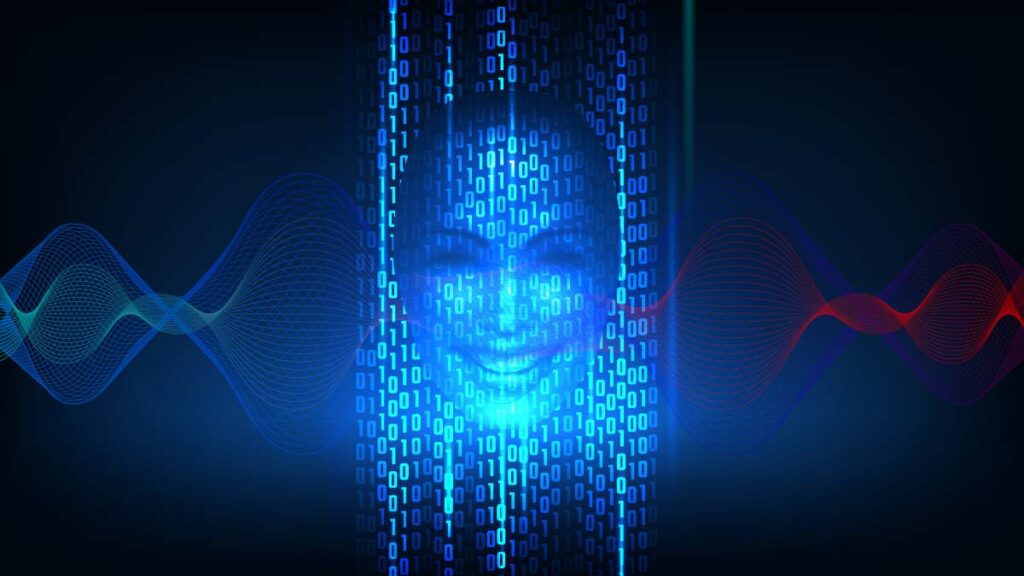
We all find ourselves overwhelmed with tasks at work sometimes. Tasks blend into one another, and you are interrupted by a coworker with a question and your boss jumps in with yet another assignment. Before you even have time to write anything down on your task list, you find yourself forgetting what you were about to write down. We all need help organizing our lives, and the good news is that CEOs and big executives aren’t the only ones that can hire an assistant nowadays. Today, anyone can have an assistant; one that is powered by artificial intelligence (AI), an AI digital assistant.
Every science fiction movie will inevitably have a J.A.R.V.I.S from Iron Man, a ‘Computer’ from Dexter’s Laboratory, or TARS from Interstellar. So far, the closest we’ve gotten to such things are virtual assistants that use AI, Robotic process automation (RPA), natural language processing, and machine learning to extract information and complex data and improve their ability to interact and respond more naturally and intelligently.
Google Assistant, Amazon’s Alexa, or Apple’s Siri, these AI digital assistants are all immensely useful and convenient iterations of modern AI-powered tools at our fingertips. However, they are only the tip of the iceberg.
The Future of AI-Digital Assistants
When you want to order food, look up directions to a location, call someone, look up a fact on Google, you can do all that just by speaking to your digital assistant now. This is an immensely impressive feat of human engineering, as natural language processing is no easy task. Inevitably, however, we will be taking it for granted very soon as we often do with amazing new technologies.
What consumers really want is to say a sentence to your digital assistant in the same way as a busy executive would speak to their secretary, and it would in turn understand exactly what you want and deliver it.
We’re not there yet, but it is coming, there will be a time when, in an effort to navigate an increasingly complex digital world, most people may use an AI digital assistant in the same way we use smartphones; they will be personal.
What consumers want is to be able to say is “Siri” or whatever your personal digital assistant will be called “I want to have some vegan food, but I’m kind of broke”. In return, you want to hear something along the lines of “Gotcha, how about X, it has mostly good reviews and it’s only $5 for a meal.”
In the not-so-distant future, when cloud infrastructure, 5G connectivity, and open-source AI become more commonplace, one can only imagine wat kind of AI co-pilots we will be traveling with.
To achieve this level of complexity, the AI powering our digital assistants will have to be part of a network of constantly learning AI. Add quantum computing into the mix, which basically multiplies its learning capability, and you have something fascinating on the horizon, and the future of AI digital assistants, and AI in general, is personal.
Inside Telecom provides you with an extensive list of content covering all aspects of the Tech industry. Keep an eye on our Artificial Intelligence section to stay informed and updated with our daily articles.